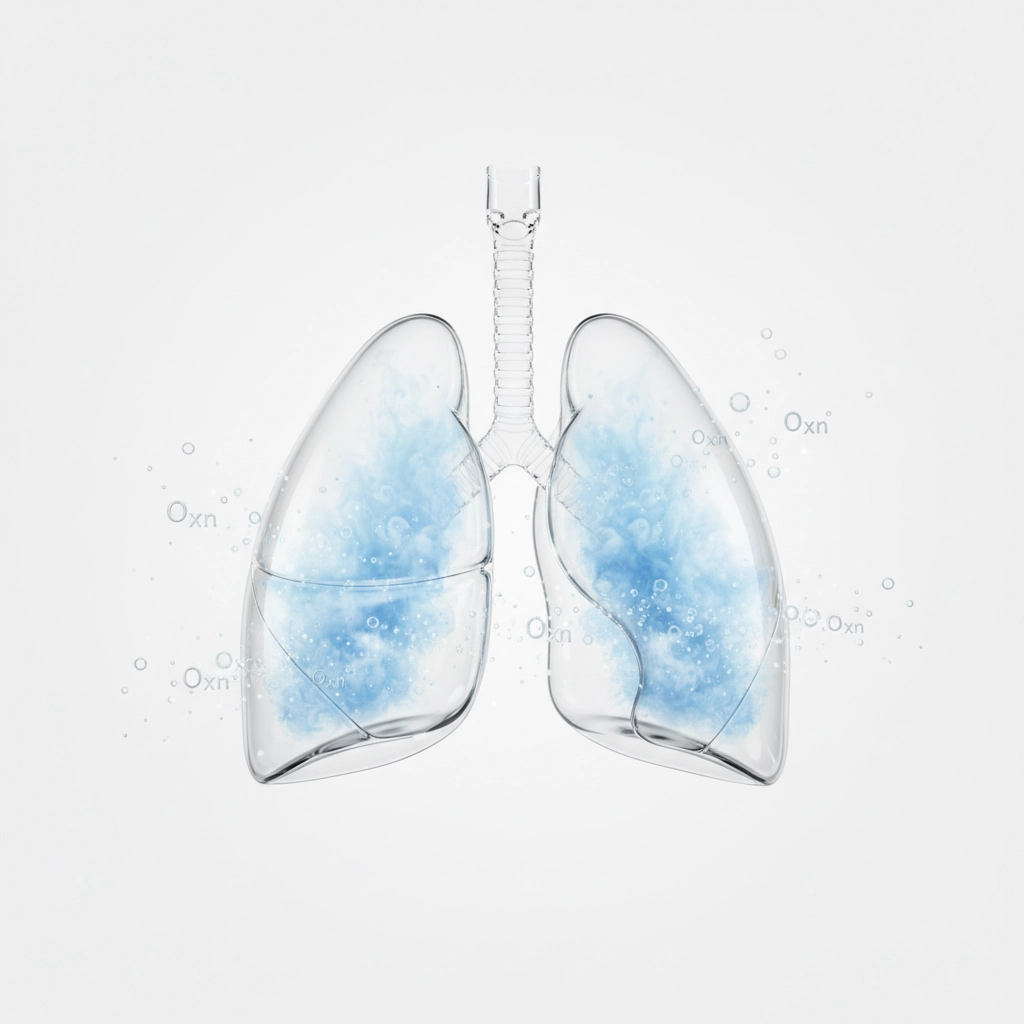In our screen-dominated, indoor-heavy world, we've forgotten one of the most powerful health tools available to us: simply stepping outside and walking. It's not about hitting the gym or running marathons: it's about reconnecting with the most basic form of movement that humans have done for thousands of years.
The truth is, walking outside isn't just exercise. It's medicine. And the best part? It's completely free, requires no special equipment, and delivers benefits that even the most expensive fitness gadgets can't match.
The Science Behind Fresh Air: Your Brain's Secret Fuel
Here's something that might surprise you: your brain uses approximately three times as much oxygen as your muscles do. That means when you're stuck indoors breathing recycled air all day, you're literally starving your brain of what it needs most.
Dr. Eva Detko, a leading researcher in environmental health, explains: "Fresh air doesn't simply make you feel better: it actively cleans your lungs, boosts mood, lowers heart rate, increases energy levels, and improves digestion."
When you walk outside, every breath delivers oxygen-rich air that immediately improves brain function. This is especially crucial if you spend most of your day in indoor environments where air quality can be up to five times worse than outside.

The National Academy of Science in the US has proven something remarkable: walking in nature actually changes your brain structure. We're talking about measurable, positive changes in the areas responsible for attention, stress management, and emotional regulation.
Brain Power: Why Your Mind Craves the Outdoors
The cognitive benefits of outdoor walking go far beyond just "feeling good." Research involving children with ADHD showed that those who spent time in outdoor green spaces demonstrated significantly fewer ADHD symptoms than their counterparts who played indoors: even while performing identical tasks.
But it's not just kids who benefit. Adults who regularly walk outside show:
- Enhanced concentration and focus
- Better memory retention
- Reduced mental fatigue
- Improved creative thinking
The secret lies in what scientists call "soft fascination." Unlike the harsh demands of screens and urban environments, nature provides gentle stimulation that allows your mind to rest and restore itself.
Dr. Marc Berman from the University of Michigan found that after just an hour outdoors, memory performance and attention spans improved by 20%. Compare that to an hour spent walking busy city streets, which showed no improvement at all.
Your Body's Outdoor Transformation
Walking outside delivers a full-body health makeover that no indoor treadmill can match. Here's what happens when you make outdoor walking a regular habit:
Cardiovascular Revolution Just 30 minutes of daily outdoor walking can lower blood pressure, improve circulation, and reduce your risk of heart disease and stroke. Studies tracking outdoor walking groups found significant improvements in both systolic and diastolic blood pressure, heart rate, body fat percentage, and VO2 max: with zero adverse side effects reported.
Bone and Joint Health Unlike repetitive indoor exercises, outdoor walking engages your body in dynamic ways. Uneven terrain, varied inclines, and changing surfaces strengthen muscles throughout your legs, core, and arms while promoting joint mobility. This is especially beneficial for managing arthritis or general stiffness.
Weight Management Support While fitness trackers can help monitor your progress, outdoor walking naturally burns more calories than indoor alternatives due to wind resistance, terrain changes, and temperature regulation.

The Mental Health Game-Changer
If you've ever felt instantly better after stepping outside, you weren't imagining it. Walking outdoors triggers multiple biological processes that directly combat stress, anxiety, and depression.
Stress Hormone Reset Nature has been scientifically proven to lower cortisol (your primary stress hormone) and blood pressure. Dr. Qing Li, author of "Forest Bathing," explains: "When we are in nature, our parasympathetic nervous system is activated, which helps us relax and feel calm."
The Serotonin Connection Sunlight exposure during outdoor walks helps maintain healthy serotonin levels: the neurotransmitter responsible for mood regulation. This is why people often feel more positive and energetic after spending time outside, especially during darker winter months.
Endorphin Production The combination of physical movement and natural environments triggers endorphin release more effectively than indoor exercise alone. These "feel-good" chemicals create natural mood elevation that can last for hours after your walk.
Research from Stanford University found that 90-minute walks in nature reduced activity in the brain's subgenual prefrontal cortex: an area associated with depression and negative thought patterns.
Expert Recommendations: The 2-Hour Rule
How much outdoor time do you actually need? A groundbreaking 2019 study involving 19,806 participants revealed a magic number: spending at least 120 minutes in nature per week significantly boosts both physical and mental well-being.
The beautiful part? This doesn't need to be achieved in one marathon session. You can break it into:
- Daily 17-minute walks
- Three 40-minute sessions
- Two 1-hour walks
- One 2-hour weekend adventure
Dr. Mathew White, the study's lead author, noted: "It doesn't matter whether the 120 minutes is achieved on a single occasion or spread over several visits."
For vitamin D synthesis: crucial for bone health, immune function, and mood regulation: just 5 to 15 minutes of sunlight exposure, 2-3 times weekly, provides sufficient benefits during summer months.

Maximizing Your Outdoor Walking Benefits
Choose Green When Possible While any outdoor walking beats indoor alternatives, research consistently shows that walking in green spaces or natural areas provides superior health benefits compared to urban environments or treadmills. However, don't let perfect be the enemy of good: even without greenery around, sunlight and fresh air still provide significant mental and physical benefits.
Track Your Progress Smartly Consider using a smart health tracker to monitor your outdoor time, steps, and heart rate patterns. Many people are surprised to discover how much better their metrics look after outdoor versus indoor activity.
Prepare for Weather Don't let weather derail your routine. Invest in appropriate winter gear to keep walking year-round. Remember, there's no bad weather: only inappropriate clothing.
Start Small, Think Big Even ten-minute walks provide measurable benefits. Dr. Sara Warber from the University of Michigan advises: "Even if you only have time for a short walk, it's worth it. The benefits begin immediately."
Your Outdoor Walking Action Plan
Week 1-2: Foundation Building Start with 10-15 minute walks daily. Focus on consistency rather than intensity. Choose routes that feel safe and enjoyable.
Week 3-4: Expansion Increase to 20-30 minutes daily. Experiment with different routes, terrains, and times of day to find what you enjoy most.
Week 5+: Integration Aim for that evidence-based 120 minutes weekly minimum. Mix shorter daily walks with longer weekend explorations.
The Bottom Line: Step Outside, Transform Your Life
Walking outside isn't just exercise: it's a comprehensive health intervention that addresses physical fitness, mental clarity, stress management, and emotional well-being simultaneously. The research is clear: regular outdoor walking provides benefits that no indoor alternative can match.
Dr. Florence Williams, author of "The Nature Fix," puts it perfectly: "We don't experience natural environments enough to realize how restored they can make us feel, nor are we aware that studies also show they make us healthier, more creative, more empathetic and more apt to engage with the world and with each other."
The power is literally right outside your door. No gym membership required, no expensive equipment needed: just you, the fresh air, and the simple act of putting one foot in front of the other.
Your brain, body, and spirit are waiting for you to rediscover this fundamental human activity. The question isn't whether you have time to walk outside: it's whether you can afford not to.
Ready to transform your health one step at a time? Explore our collection of outdoor fitness gear and start your journey today. Your future self will thank you for every step you take outside.

0 comments